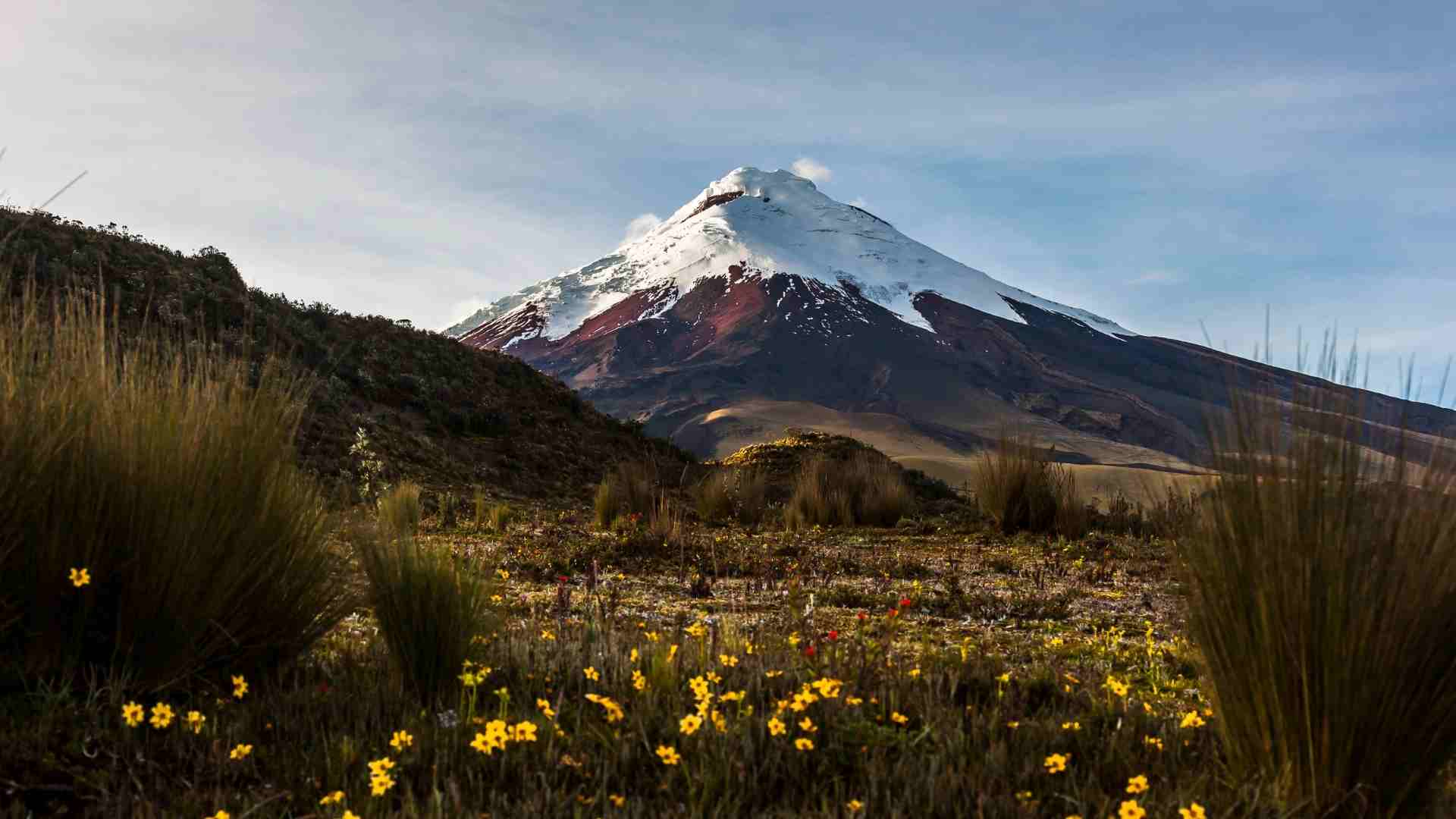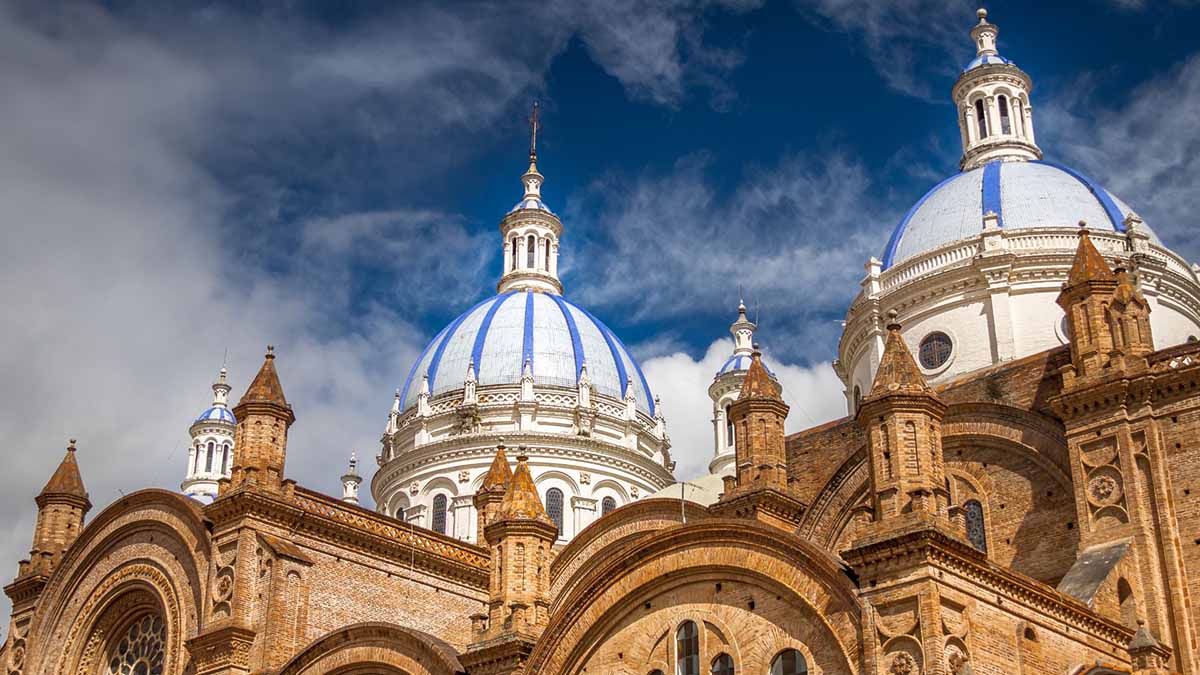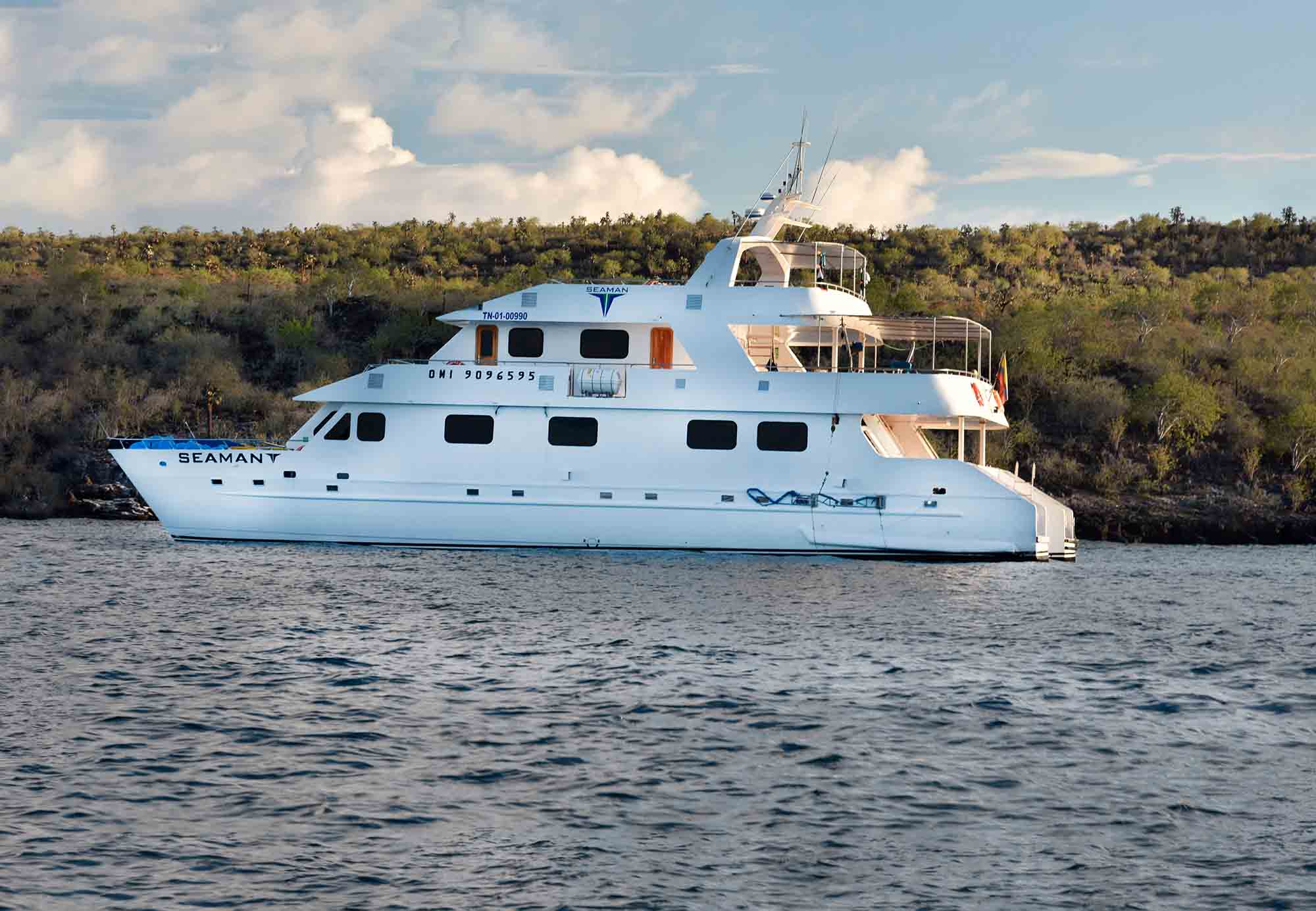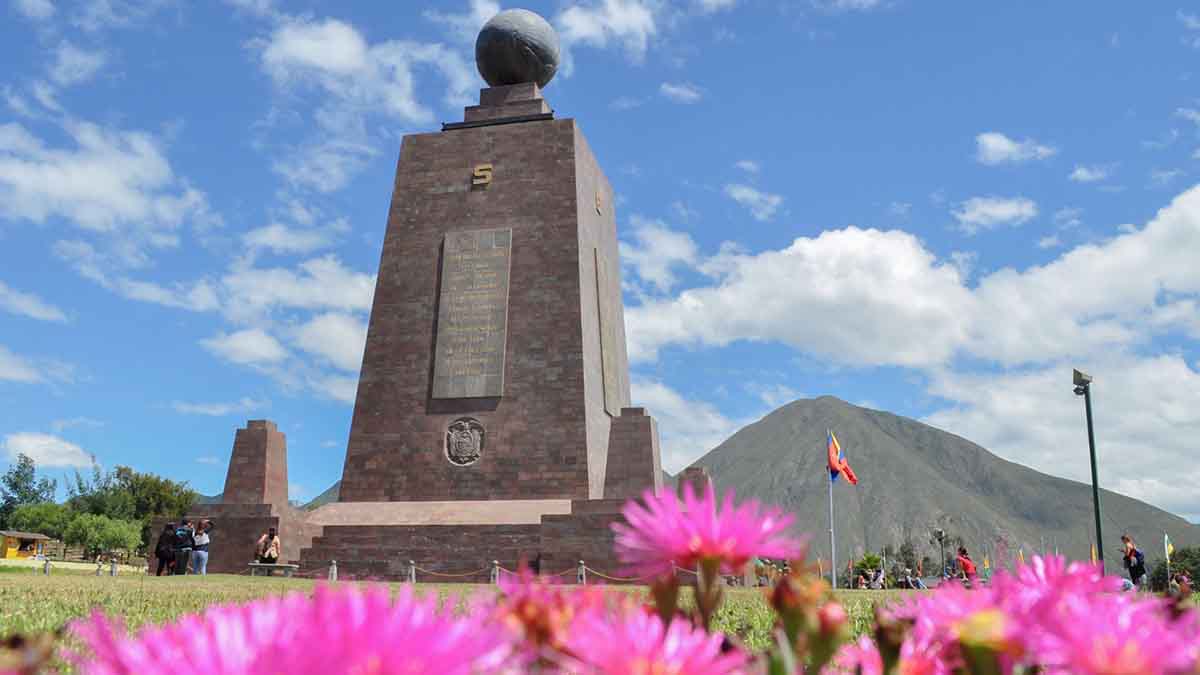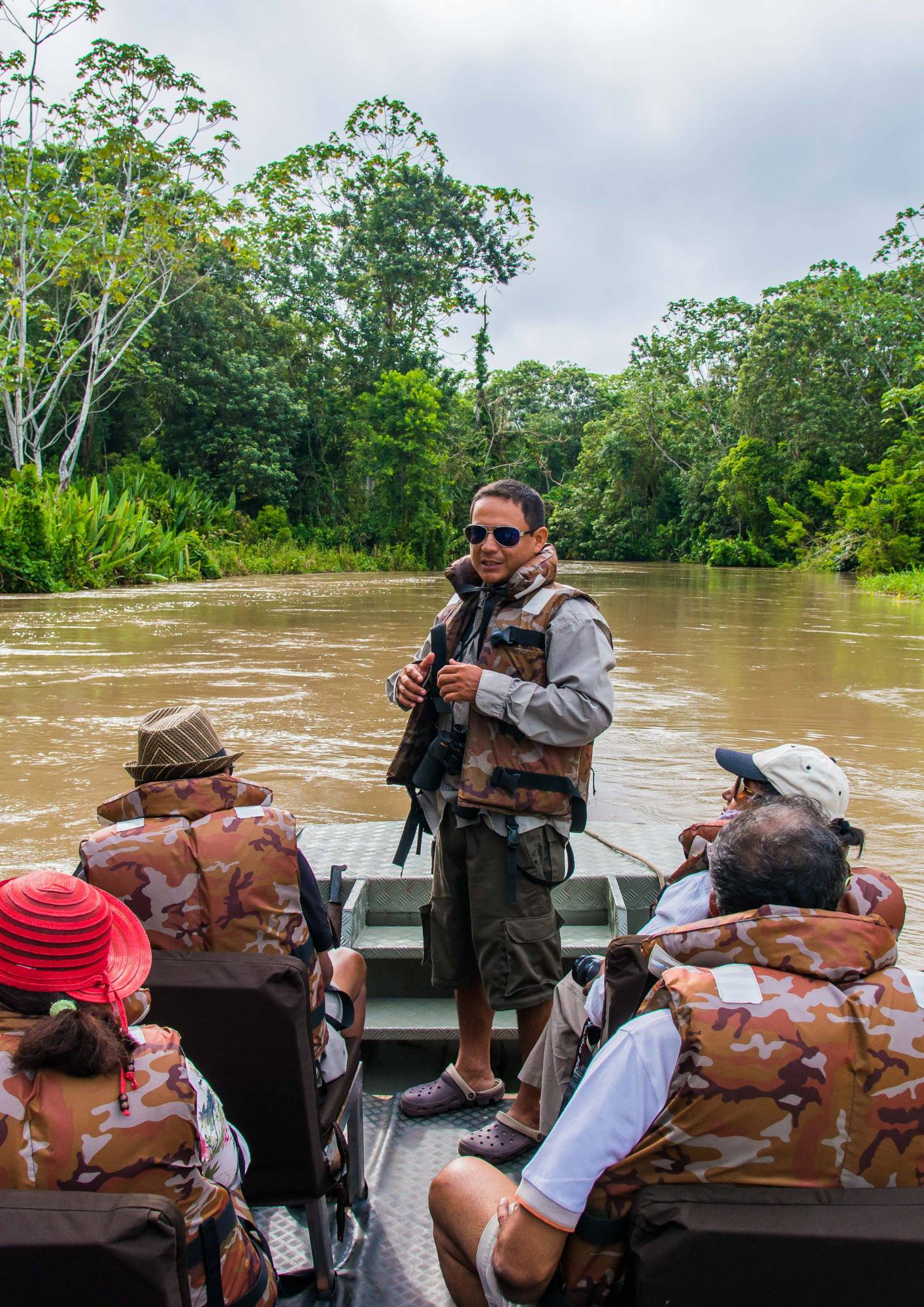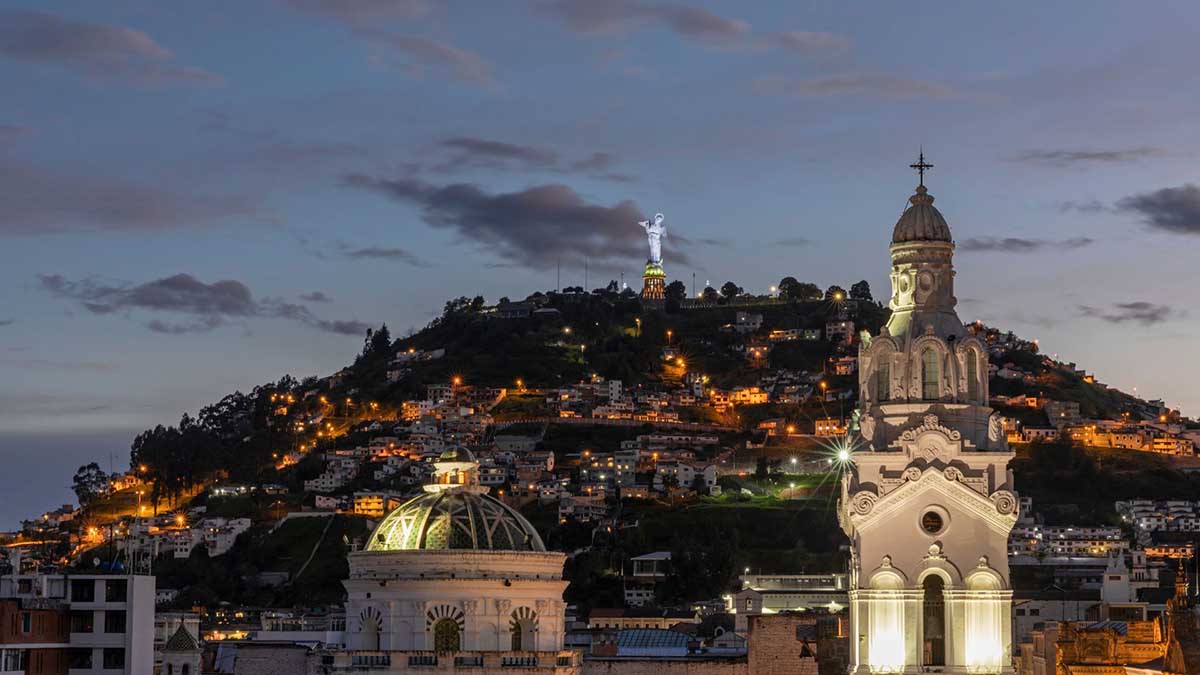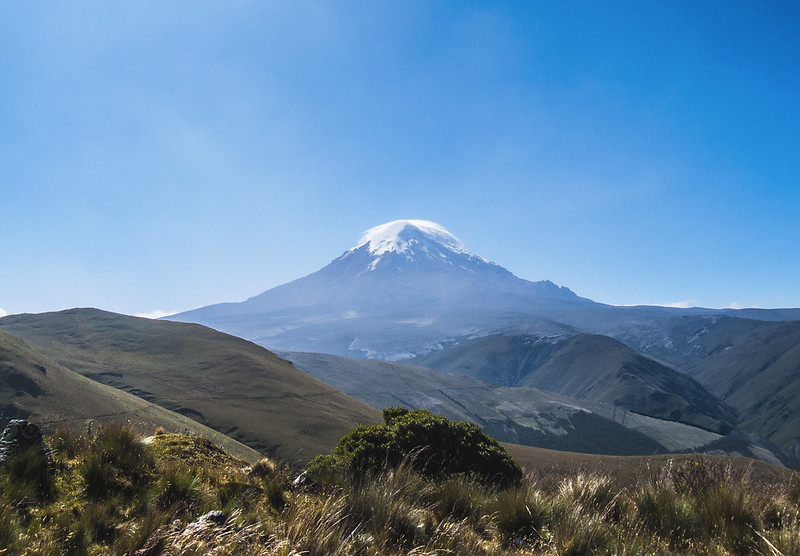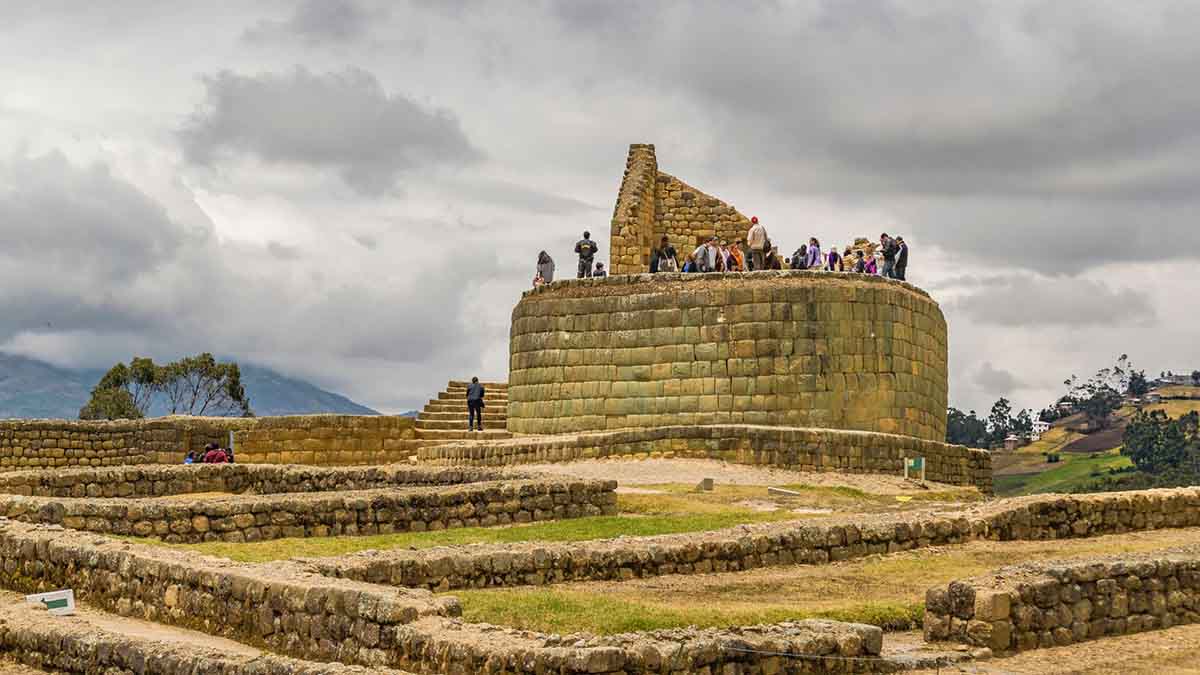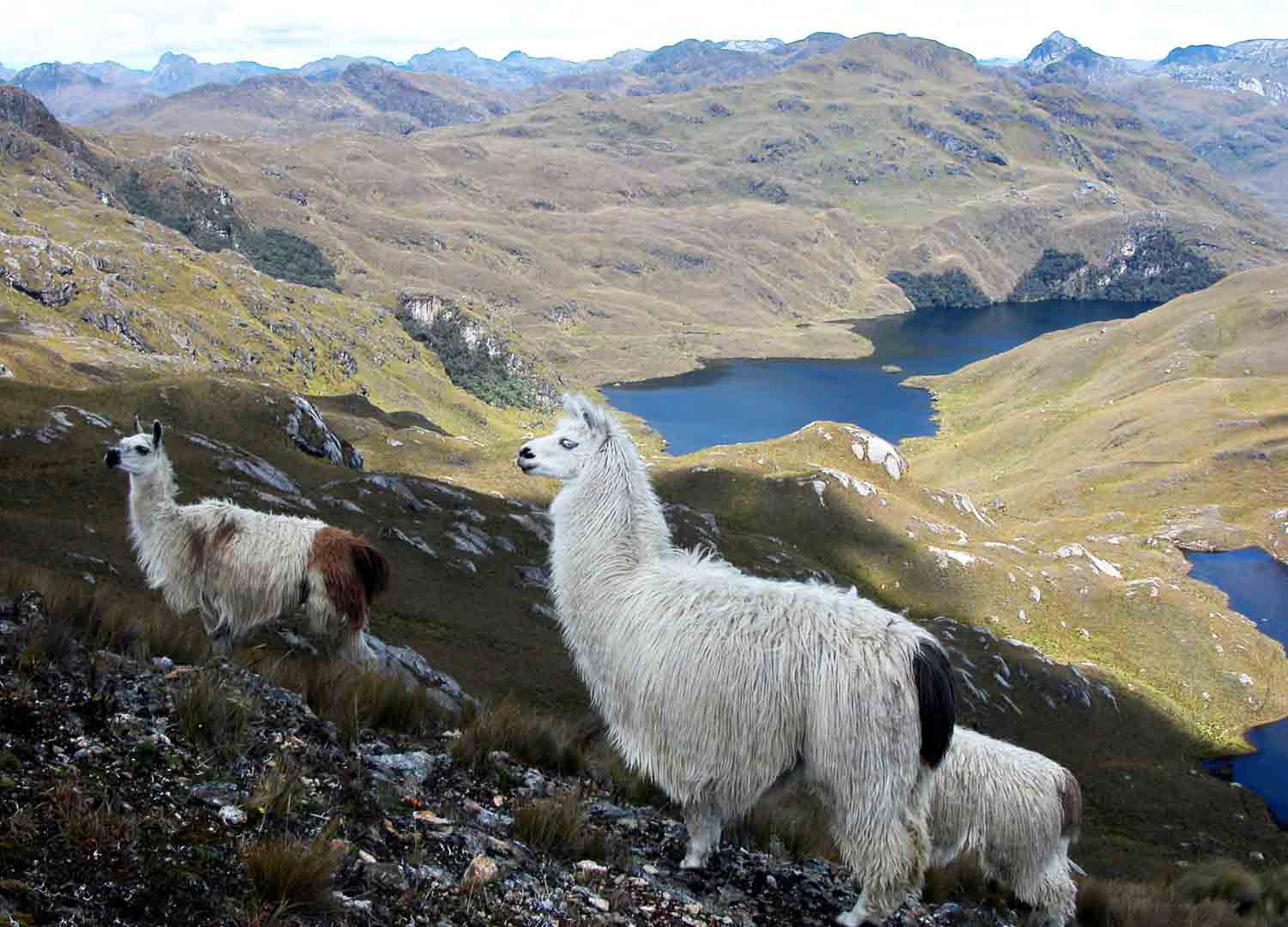The Ecuador 360 Tour is an immersive 16-day journey through Ecuador’s diverse landscapes, including the Andes, Amazon Rainforest, Pacific Coast, and Galapagos Islands. This adventure combines cultural, natural, and wildlife experiences, offering travelers an unforgettable exploration of Ecuador’s vibrant ecosystems and heritage. From the historic streets of Quito to the wildlife-rich Galapagos, this tour encapsulates the country’s highlights, making it a perfect choice for nature and culture enthusiasts.
- Explore Quito’s historic colonial center and visit the Equator Monument.
- Experience the Amazon Rainforest with local indigenous guides.
- Hike the Andes, including Cotopaxi National Park and Quilotoa Lagoon.
- First class cruise through the Galapagos Islands, encountering unique wildlife.
- Transfer in/out
- Tours as listed
- Accommodation in double rooms
- Indicated Meals: B=Breakfast / L=Lunch / D=Dinner
- Transportation
- Bilingual naturalist guide
- Scheduled Visits
- 5D/4N onboard Galapagos Seaman Journey Catamaran
- Galapagos Islands fees
- Roundtrip air ticket
- Soft drinks and alcoholic beverages
- Personal expenses
- Tips
- Meals not described in the program
- Items not described in the program
- Extras and personal expenses
Itinerary
Day 1 : Arrival In Quito
Upon arriving in Quito, you’ll settle into your hotel and enjoy a free day to acclimatize. Quito is a UNESCO World Heritage site and boasts an impressive colonial history. Wander its charming streets or simply rest before your upcoming adventure.
Day 2 : Quito City Tour
Explore the vibrant capital city of Ecuador with a guided tour that takes you through its historic center, renowned for its beautiful plazas, churches, and colonial architecture. The tour includes a visit to the Equatorial Monument at the “Middle of the World,” where you can stand on the equator line.
Day 3 to 6 : Amazon Rainforest Adventure
Travel to the Amazon Rainforest, one of the most biodiverse areas in the world. Here, you’ll stay in a jungle lodge, embark on guided nature hikes, and visit indigenous communities to learn about the local culture and wildlife. Expect to encounter exotic species such as monkeys, macaws, and anacondas.
Breakfast / Lunch / Dinner
Day 7 : Andes Highlands - Cotopaxi And Quilotoa
Next, head to the Andean Highlands, where you’ll explore Cotopaxi National Park, home to the towering Cotopaxi Volcano. Hike the surrounding trails and visit the stunning Quilotoa Lagoon, a volcanic crater lake famous for its striking blue-green water.
Day 8 : Chimborazo
Continue your journey to Chimborazo, Ecuador’s highest peak, and then to Baños, a town known for its waterfalls, thermal baths, and adventure sports like zip-lining and rafting. Visit the famous “Swing at the End of the World” for an exhilarating view.
Day 9 : Ingapirca Ruins
Visit the ancient Inca site of Ingapirca and explore the Temple of the Sun. Learn about the fusion of Inca and Cañari cultures while admiring the stunning Andean scenery.
Day 10 : Cuenca Exploration
Discover Cuenca’s colonial charm and artisan heritage. Stroll through its historic center, visit Panama hat workshops, and enjoy the city’s rich history, art, and gastronomy.
Day 11 : Cajas National Park And Guayaquil
From the high-altitude landscapes of Cajas National Park, travel to Guayaquil, Ecuador’s vibrant coastal city. Explore its tropical ecosystems and the cultural heart of the Pacific coast.
Day 12 to 16 : Galapagos Islands Cruise
Embark on a five-day cruise through the Galápagos’ southern islands, including Española and Floreana. Enjoy unique wildlife encounters, snorkeling adventures, and guided island tours while cruising in eco-friendly.
Breakfast / Lunch / Dinner
